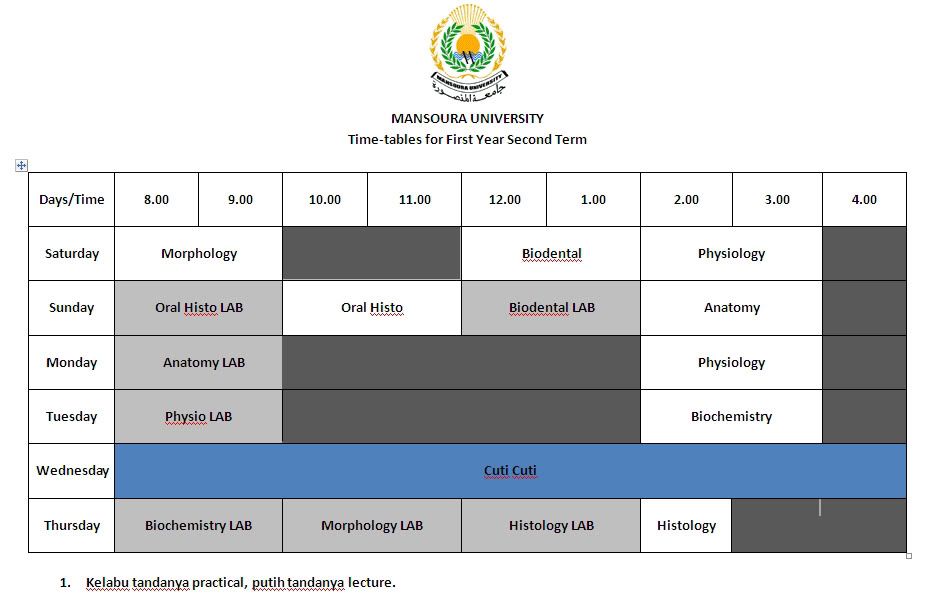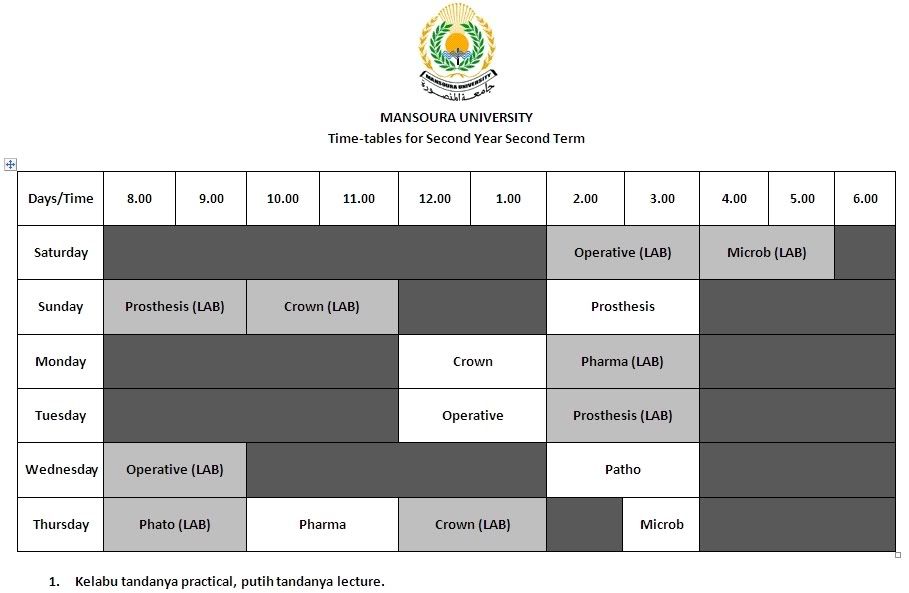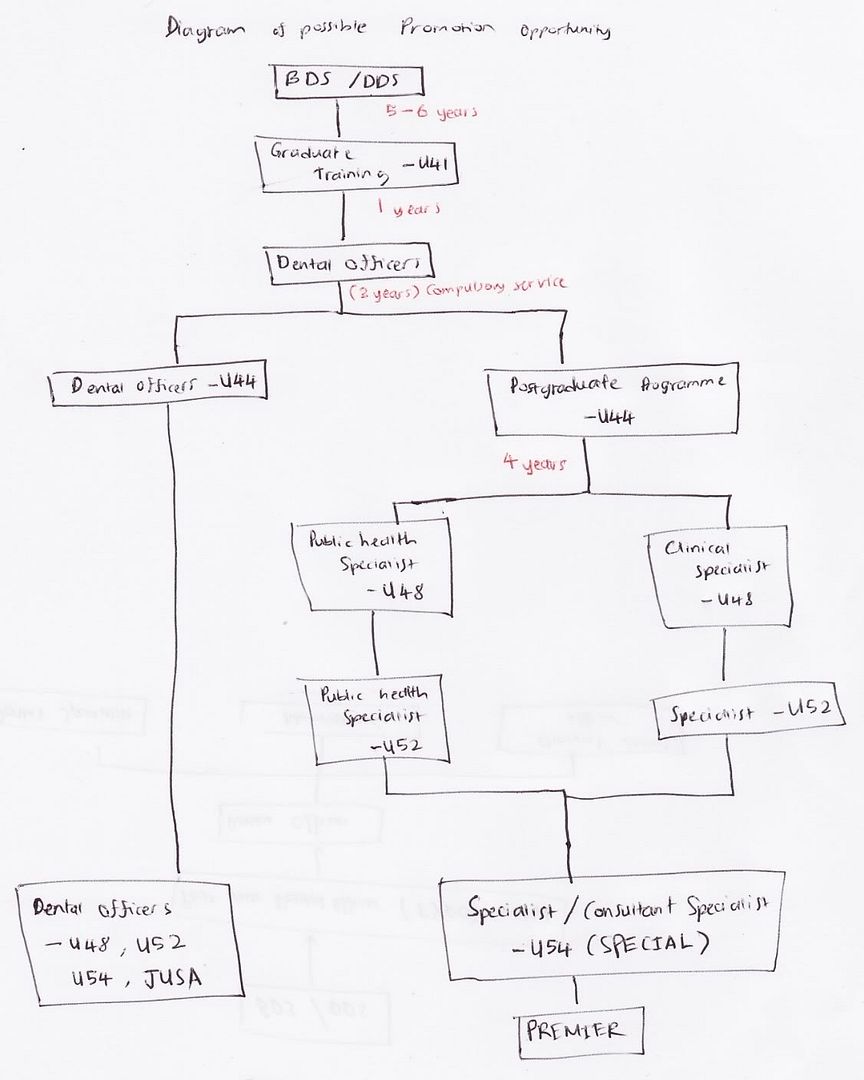Bismillah.
Jadual Tahun 1
Nak edit? - download di sini.
Klik imej untuk tumbesaran.
Untuk yang tak biasa dengan bagaimana masa ditulis :-
Jadual Tahun 2
Nak edit? - download di sini.
Klik imej untuk tumbesaran.
tq.
Bismillah.
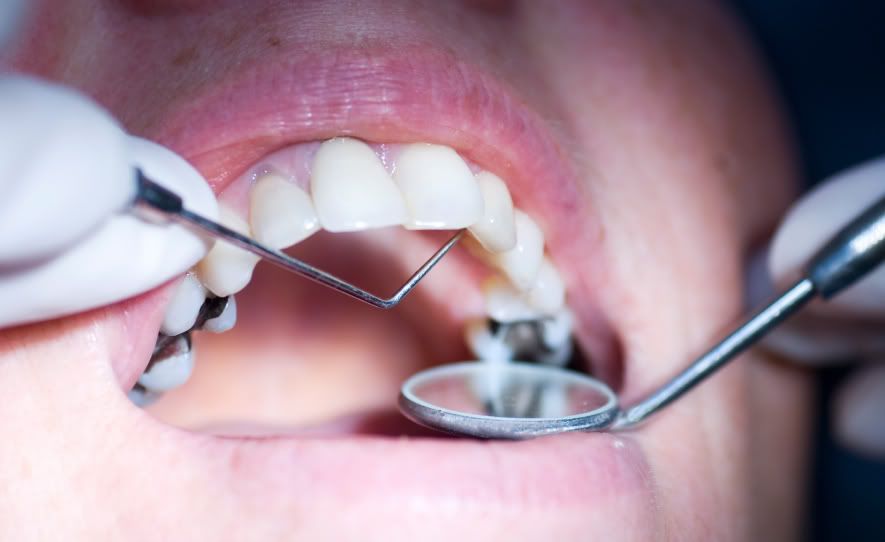
Diabetes is one of the most leading cause of death of human being. Millions of people in a nation have diabetes and triple of that quantity who have pre-diabetes.
Citing the Centers for Disease Control and Prevention (CDC), The American Diabetes Association (ADA) and some other Dental Association reports that diabetes contributed to more than 210,000 deaths in the United States in 2000. Currently recognized by the CDC as the sixth leading cause of death among Americans, as many as 18 million Americans have diabetes and 41 million have pre-diabetes.
However, help in detecting diabetes may come from an unlikely source—a registered dental hygienist. Research studies have found a link between periodontal (gum) disease and diabetes. Symptoms of the disease often appear in the mouth, while almost one-third of people with diabetes have severe periodontal disease. This is believed to be a result of the diabetic patient’s greater susceptibility to developing infections. Conversely, severe periodontal disease may increase the risk of developing diabetes, and may make it more difficult to manage blood sugar levels. However, studies have found that patients who receive treatment for periodontal disease may be able to control the condition with less insulin.
According to the American Dental Hygienist’ Association (ADHA), dental hygienists often detect symptoms of diabetes during routine oral health examinations. Foamy saliva and unusually dry and irritated tissue inside the mouth are tell-tale signs of the condition. And, diabetic patients often lose more teeth compared to patients without the disease.
According to the them, diabetes that goes unchecked or untreated can result in serious and life-threatening complications, such as blindness; kidney disease; heart disease and stroke; and nerve disease that can lead to limb amputation. In addition to helping patients understand the connection between oral health care and overall health, dental hygienists educate patients about proper oral hygiene and treat periodontal disease to prevent the condition from advancing and complicating other diseases.
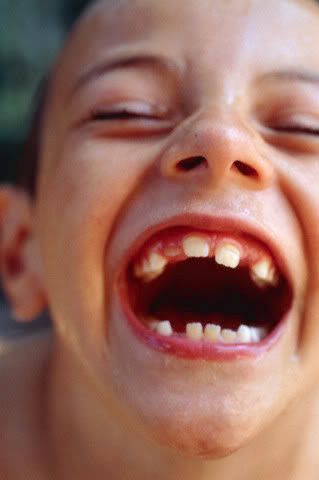
Warning Signs of Diabetes:
Make an oral health appointment if you notice
you experience any of these warning signs of
periodontal disease:
With research indicating that periodontal disease
and diabetes complicate each other, the
dental association recommend the following:
Dr Nur.
Source - booklet ADA, Centers for Disease Control and Prevention. National diabetes fact sheet: general information and national estimates on diabetes in the United States, 2003. Rev ed. Atlanta, GA: U.S. Department of Health and Human Services, Centers for Disease Control and Prevention, 2004.

Diabetes is one of the most leading cause of death of human being. Millions of people in a nation have diabetes and triple of that quantity who have pre-diabetes.
Citing the Centers for Disease Control and Prevention (CDC), The American Diabetes Association (ADA) and some other Dental Association reports that diabetes contributed to more than 210,000 deaths in the United States in 2000. Currently recognized by the CDC as the sixth leading cause of death among Americans, as many as 18 million Americans have diabetes and 41 million have pre-diabetes.
However, help in detecting diabetes may come from an unlikely source—a registered dental hygienist. Research studies have found a link between periodontal (gum) disease and diabetes. Symptoms of the disease often appear in the mouth, while almost one-third of people with diabetes have severe periodontal disease. This is believed to be a result of the diabetic patient’s greater susceptibility to developing infections. Conversely, severe periodontal disease may increase the risk of developing diabetes, and may make it more difficult to manage blood sugar levels. However, studies have found that patients who receive treatment for periodontal disease may be able to control the condition with less insulin.
According to the American Dental Hygienist’ Association (ADHA), dental hygienists often detect symptoms of diabetes during routine oral health examinations. Foamy saliva and unusually dry and irritated tissue inside the mouth are tell-tale signs of the condition. And, diabetic patients often lose more teeth compared to patients without the disease.
According to the them, diabetes that goes unchecked or untreated can result in serious and life-threatening complications, such as blindness; kidney disease; heart disease and stroke; and nerve disease that can lead to limb amputation. In addition to helping patients understand the connection between oral health care and overall health, dental hygienists educate patients about proper oral hygiene and treat periodontal disease to prevent the condition from advancing and complicating other diseases.

Warning Signs of Diabetes:
• Frequent urination
• Frequent infections
• Extreme hunger
• Blurred vision
• Unusual thirst
• Unusual weight loss
• Extreme fatigue
Make an oral health appointment if you notice
you experience any of these warning signs of
periodontal disease:
• Bleeding gums when you brush or eat
• Red, swollen, or tender gums
• Gums that have pulled away from your teeth
• Pus between your teeth and gums when the gums are touched
• Change in the way your teeth fit together when you bite
• Persistent bad breath or unusual taste in your mouth.
With research indicating that periodontal disease
and diabetes complicate each other, the
dental association recommend the following:
• Monitor your blood glucose level
• Have your teeth cleaned and checked at least every six months
• Brush at least twice each day to remove plaque, using a soft nylon brush with rounded ends on the bristles
• Tilt the bristles at about a 45-degree angle against the gum line and brush gently in a circular motion
• Brush front and back and also brush the chewing surfaces
• Brush the upper surface of your tongue
• Use dental floss at least once a day to remove plaque and bacteria from between your teeth. Special floss holders and various types of floss are available to make flossing easier.
Dr Nur.
Source - booklet ADA, Centers for Disease Control and Prevention. National diabetes fact sheet: general information and national estimates on diabetes in the United States, 2003. Rev ed. Atlanta, GA: U.S. Department of Health and Human Services, Centers for Disease Control and Prevention, 2004.



Venue: Kuala Lumpur Convention Center
Date: 10 - 13 June 2010
Timetable of the scientific programme : Click here
List of scientific programme speakers: Click here
Online Registration form : Click here

Bismillah.
Introduction
The dental service is one of the critical health services in Malaysia. Dental officers play an important role in providing treatment to patients, and planning and implementing government policies relating to oral health activities in this country. The roles and duties of dental officers have become increasingly important in this era of national and global development. Therefore, the ministry needs more dental officers who are competent, dynamic, willing to meet challenges and ready to serve their country and society regardless of time and place. Not to mention the need of the true Muslim dentist for the ummah.
Chapter 1: Roles and Responsibilities of Dental Officers
Generally, the responsibility of a dental officer is to provide treatment that is related to dentistry. The primary duties encompass clinical treatment, prevention and promotion, undergoing and organizing in-service training, policy planning and carrying out related research to enhance the quality of dental services in Malaysia. Among the major programmes which directly involve dental officers are the primary oral health, community oral health and dental specialization programmes. In addition, a dental officer is also responsible for administration and management matters in the clinic and also for the subordinate staff to ensure that every duty is carried out properly.
Chapter 2: Appointment
A. Terms of appointment
To become a dental officer, a candidate must:
*According to the list recognized by the MDC in 2009, Mansoura, Tanta, Cairo, Ain Shams, Alexandria, Asuit, and Al-Azhar university graduates recognized by them in Egypt.
You can see all other universities recognized by MDC in overseas here.
B. Procedures of appointment
Students with a Bachelor of Dentistry (BDS/DDS) from either local or foreign universities are required to obtain a set of application forms for the position of dental officer from the Human Resource Division, Ministry of Health which contain the following forms:
You can check them here: http://ohd.moh.gov.my/modules/xt_conteudo/index.php?id=65
The Human Resource Division of the Ministry of Health (MOH) will submit the applications to the Public Service Commision (PSC) for processing. Applications can also be made directly to the PSC via the website or the SPA 8 Form.
C. Training of Graduate Dental Officers
Dental officers are required to undergo graduate training or the First-Year Dental Officer (FYDO) programme for a year in MOH dental clinics and hospitals or in universities such as the dental centers of Universiti Malaya, Universiti Kebangsaan Malaysia, Universiti Sains Malaysia and Malaysian Armed Forces (MAF). Dental officers (FYDOs) who are newly appointed to the civil service are paid a Grade U41 (P1T5) salary of RM2,366.55 per month.
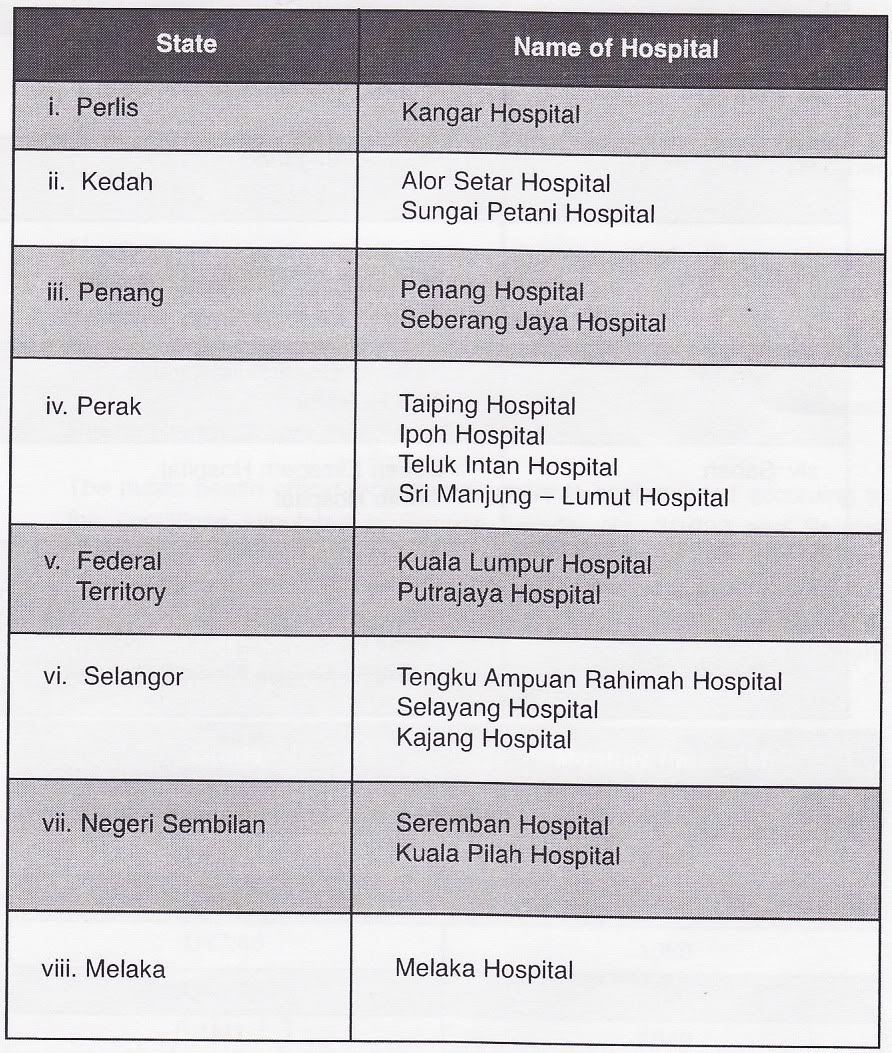
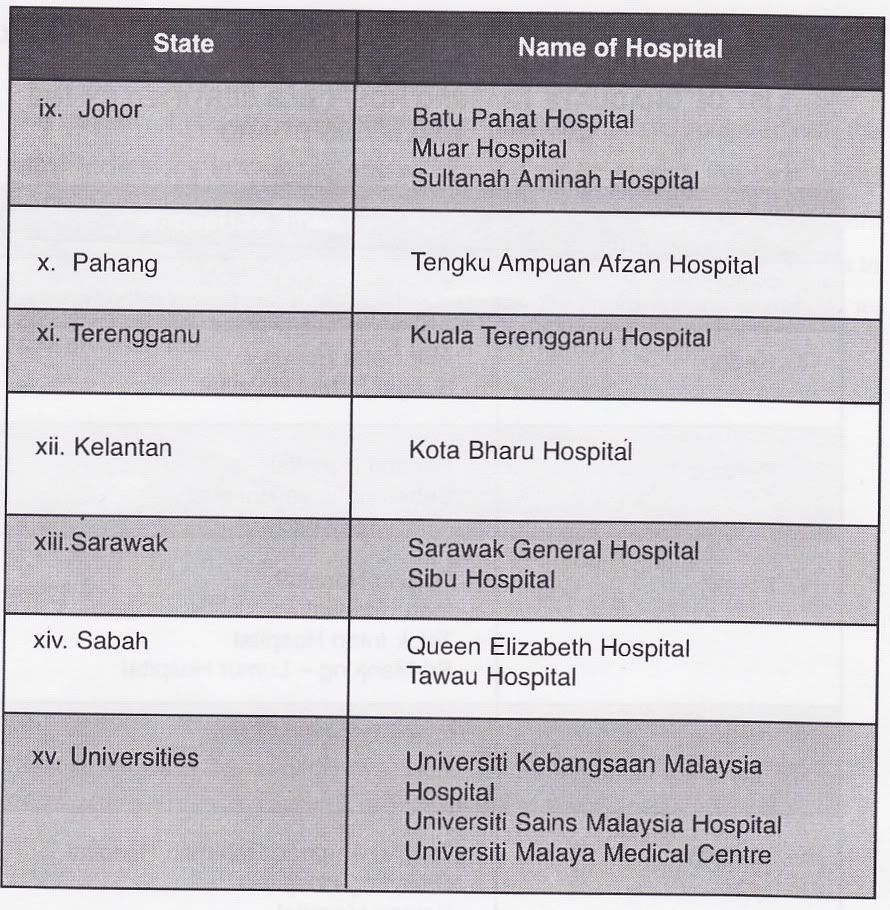
D. Placement of Dental Officers
Dental officers are required to undergo compulsory service with the government for 3 years. Placement of the officers upon completion of the First-Year Dental Officer programme is dependent on requirement and vacancy of the service in any hospitals, health clinics, MOH headquarters, Department of Orang Asli Affairs and other health institutions.
Chapter 3: Salary and Emolument
There are to many criteria and types of allowances and incentives. If any of you want to know more about this, please help yourself. I'll only write basically on newly graduated candidate briefly.
Dental Officers may be appointed at grade U41(Newly appointed) and receive the following monthly salary and emolument:
And if you are a dental officers of specialist / special grade, you can get *cough* minimum of RM18,591.47 monthly.
Enough with the salary, my eyes hurt.
Chapter 4: Career Opprtunities in MOH
A. Types of Specialization
Dental officers at the MOH can advance their career based on three (3) major fields:
B. Opportunity for training
In line with the policy of the MOH to encourage a learning organization and continuous professional development as well as to improve the quality of service and produce competent officers, dental officers are given the opportunity to attend:
Application Procedures
C. Opportunity for promotion
The ministry constantly strives to improve opportunities for promotion for dental officers, particularly clinical dental specialist. However, the implementation of promotional matters is still subject to the terms of services of dental officers, which are:
Thats all for now. This is a brief knowledge on the career development in Ministry of Health. For private sector, there are still many opportunities that can be explored. Please spend some time to learn everything that dental field can offer to you.
Dr Nur
Cairo.
Introduction
The dental service is one of the critical health services in Malaysia. Dental officers play an important role in providing treatment to patients, and planning and implementing government policies relating to oral health activities in this country. The roles and duties of dental officers have become increasingly important in this era of national and global development. Therefore, the ministry needs more dental officers who are competent, dynamic, willing to meet challenges and ready to serve their country and society regardless of time and place. Not to mention the need of the true Muslim dentist for the ummah.
Chapter 1: Roles and Responsibilities of Dental Officers
Generally, the responsibility of a dental officer is to provide treatment that is related to dentistry. The primary duties encompass clinical treatment, prevention and promotion, undergoing and organizing in-service training, policy planning and carrying out related research to enhance the quality of dental services in Malaysia. Among the major programmes which directly involve dental officers are the primary oral health, community oral health and dental specialization programmes. In addition, a dental officer is also responsible for administration and management matters in the clinic and also for the subordinate staff to ensure that every duty is carried out properly.
Chapter 2: Appointment
A. Terms of appointment
To become a dental officer, a candidate must:
1. Be a Malaysian citizen;
2. Be not less than 18 years old at the time of advertisement;
3. Have a Bachelor of Dentistry from a university recognized by the government and registered with the Malaysian Dental Council (MDC);
4. Have passed the Mallay Language (including oral test) in the Sijil Pelajaran Malaysia (SPM) or other equivalent qualification that is recognized;
5. Fulfill the criteria under the Dental Act and Regulations 1971 and is registered with the MDC.
*According to the list recognized by the MDC in 2009, Mansoura, Tanta, Cairo, Ain Shams, Alexandria, Asuit, and Al-Azhar university graduates recognized by them in Egypt.
You can see all other universities recognized by MDC in overseas here.
B. Procedures of appointment
Students with a Bachelor of Dentistry (BDS/DDS) from either local or foreign universities are required to obtain a set of application forms for the position of dental officer from the Human Resource Division, Ministry of Health which contain the following forms:
1. Personal Information Form (PIF)
2. Security Vetting Form
3. Malaysian Dental Council Registration Form
4. SPA 8 Form (priced at RM3.00 or via the website: www.spa.gov.my)
You can check them here: http://ohd.moh.gov.my/modules/xt_conteudo/index.php?id=65
The Human Resource Division of the Ministry of Health (MOH) will submit the applications to the Public Service Commision (PSC) for processing. Applications can also be made directly to the PSC via the website or the SPA 8 Form.
C. Training of Graduate Dental Officers
Dental officers are required to undergo graduate training or the First-Year Dental Officer (FYDO) programme for a year in MOH dental clinics and hospitals or in universities such as the dental centers of Universiti Malaya, Universiti Kebangsaan Malaysia, Universiti Sains Malaysia and Malaysian Armed Forces (MAF). Dental officers (FYDOs) who are newly appointed to the civil service are paid a Grade U41 (P1T5) salary of RM2,366.55 per month.


D. Placement of Dental Officers
Dental officers are required to undergo compulsory service with the government for 3 years. Placement of the officers upon completion of the First-Year Dental Officer programme is dependent on requirement and vacancy of the service in any hospitals, health clinics, MOH headquarters, Department of Orang Asli Affairs and other health institutions.
Chapter 3: Salary and Emolument
There are to many criteria and types of allowances and incentives. If any of you want to know more about this, please help yourself. I'll only write basically on newly graduated candidate briefly.
Dental Officers may be appointed at grade U41(Newly appointed) and receive the following monthly salary and emolument:
Basic Salary - from RM2,366.55 to RM4,723.81
Fixed Civil Service Allowance - RM300.00
Fixed Housing Allowance - RM210.00
Critical Service Incentive Payment - RM500.00
Specialist Incentive Payment - RM1,300.00 (only for U41 Officers who have been gazetted as specialist only)
Total - RM4676.55
And if you are a dental officers of specialist / special grade, you can get *cough* minimum of RM18,591.47 monthly.
Enough with the salary, my eyes hurt.
Chapter 4: Career Opprtunities in MOH
A. Types of Specialization
Dental officers at the MOH can advance their career based on three (3) major fields:
1. Clinical dental specialist in various fields
There are eight (8) fields of specialization at the Ministry of Health;
1. Oral Surgery Dentistry
2. Orthodontics
3. Periodontics
4. Pediatric dentistry
5. Restorative/prosthodontic dentistry,
6. Pathology and Oral Medicine
7. Forensic dentistry
8. Special care dentistry
In addition, oral public health is a specialized field in oral health. These specialists are posted to hospitals and health clinics with the exception of public health specialists who are also posted to the headquarters, state health departments or district health offices.
2. Clinical Dental Officers
These officers are not dental specialists but are made up of experienced officers with a long service record with the Ministry of Health. Their primary role is to reduce the number of patients who need to be referred to dental specialists for emergency treatment.
3. Dental Administrative Officers
These officers carry out clinical administrative duties and may serve at the headquarters, state health departments or district health offices.
B. Opportunity for training
In line with the policy of the MOH to encourage a learning organization and continuous professional development as well as to improve the quality of service and produce competent officers, dental officers are given the opportunity to attend:
1. Short-term training and courses either locally or abroad
2. Specialist and sub-specialist postgraduate training locally or abroad
3. Attachment with international bodies or dental institutions
4. Conferences, etc. either locally or abroad
Application Procedures
1. The basic requirements to pursue postgraduate and specialist courses are:
a. Confirmation in service (1-3 years)
b. Satisfactory performance and certified by the head of depatment
2. After completing the 6-month basic specialist training, the officer has to apply to be gazetted as a specialist at the MOH.
3. The duration of the contract with the government for post graduate courses depends on the duration of the courses pursued.
C. Opportunity for promotion
The ministry constantly strives to improve opportunities for promotion for dental officers, particularly clinical dental specialist. However, the implementation of promotional matters is still subject to the terms of services of dental officers, which are:
1. A satisfactory performance
2. Supported by the head of department
3. Passed the Efficiency Level Assessment (PTK)
4. Vacancies
Thats all for now. This is a brief knowledge on the career development in Ministry of Health. For private sector, there are still many opportunities that can be explored. Please spend some time to learn everything that dental field can offer to you.
Dr Nur
Cairo.

